Pumpkin Seeds: Important Facts, Health Benefits, and Recipes
Explore the nutritional powerhouse of pumpkin seeds with our ultimate guide, covering health benefits, culinary uses, and tips for incorporating them into your diet.
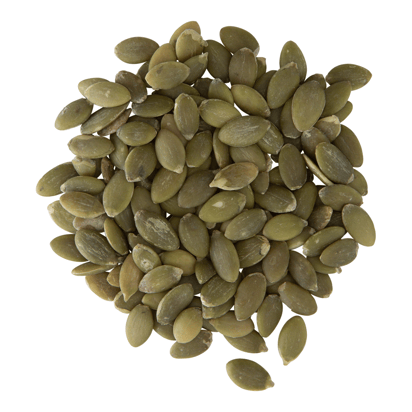
Nutritional Facts
1 cup
Amount per serving
Calories
721.1
Carbohydrates
13.8 g
Fat
63.3 g
Protein
39 g
Saturated Fat
11.2 g
Sodium
9 mg
Fiber
7.7 g
Sugar
1.8 g
Best Pumpkin Seeds Recipes
-
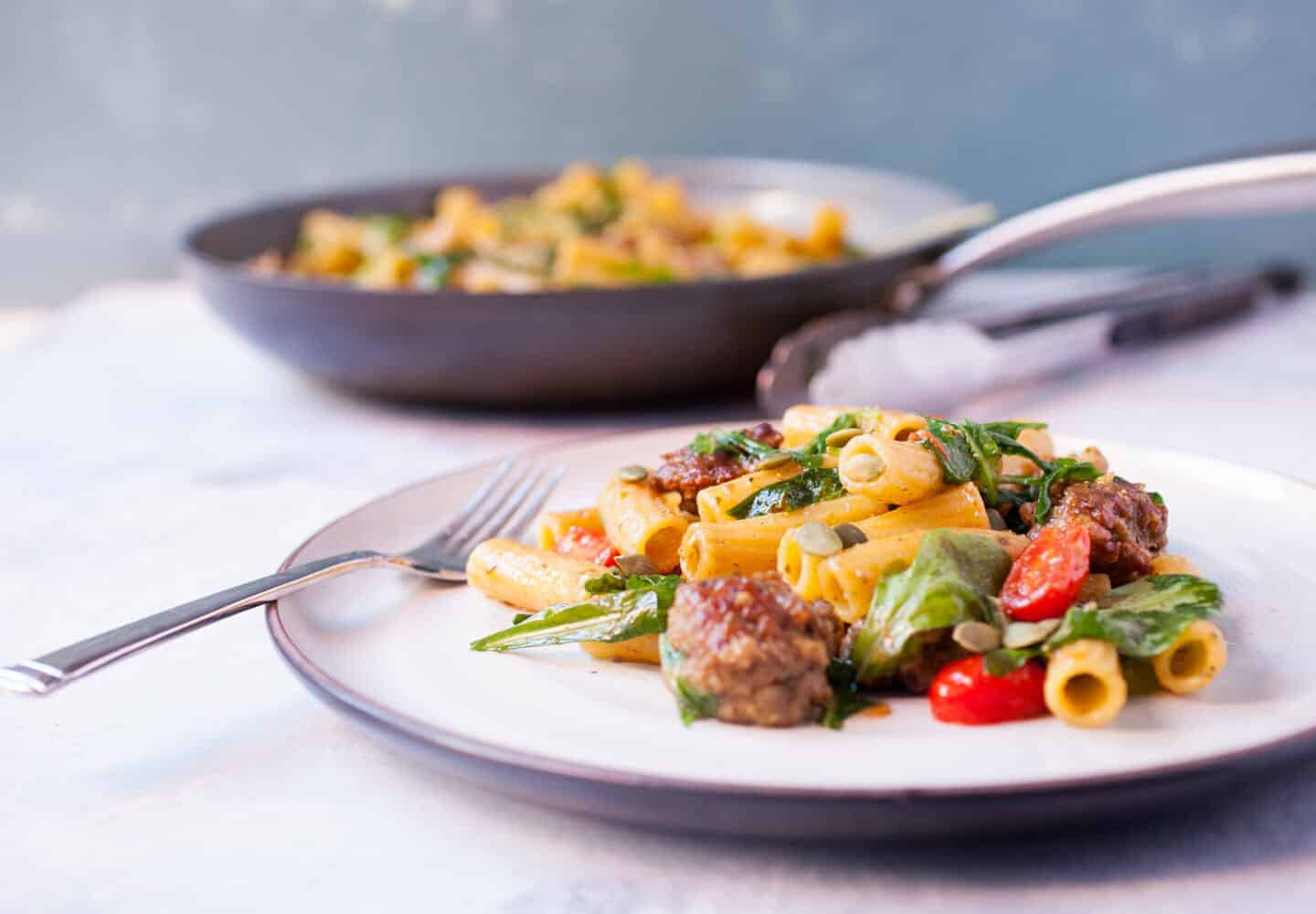
-
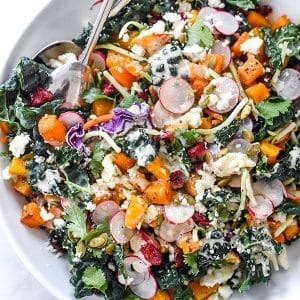
-
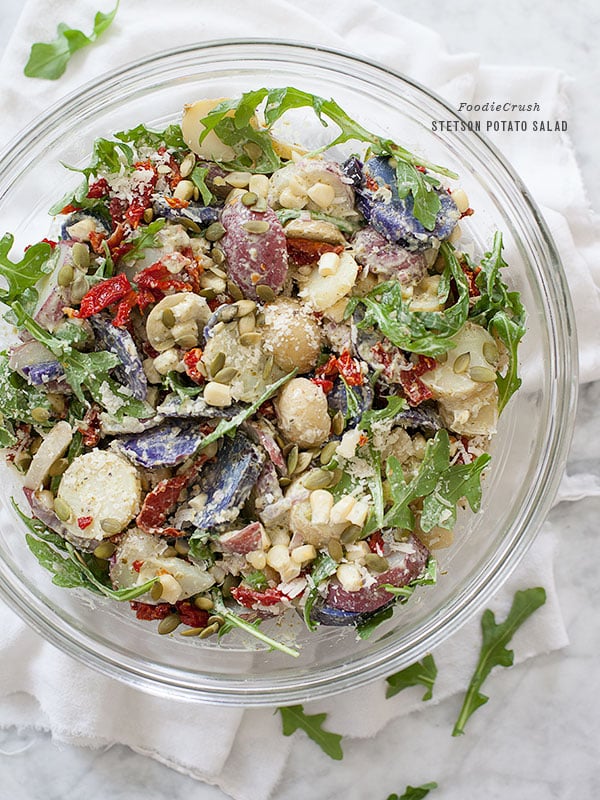
-
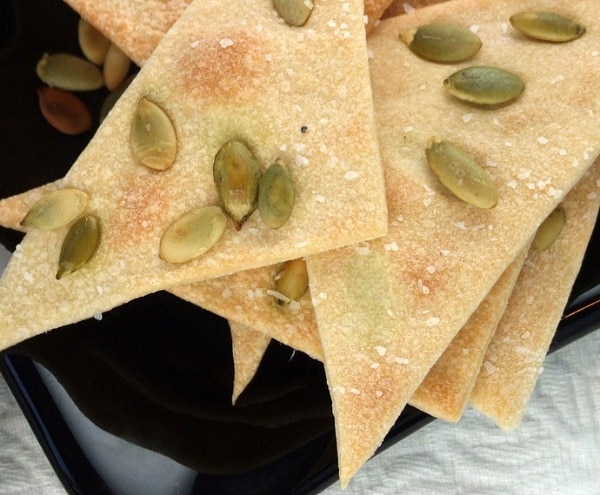
-
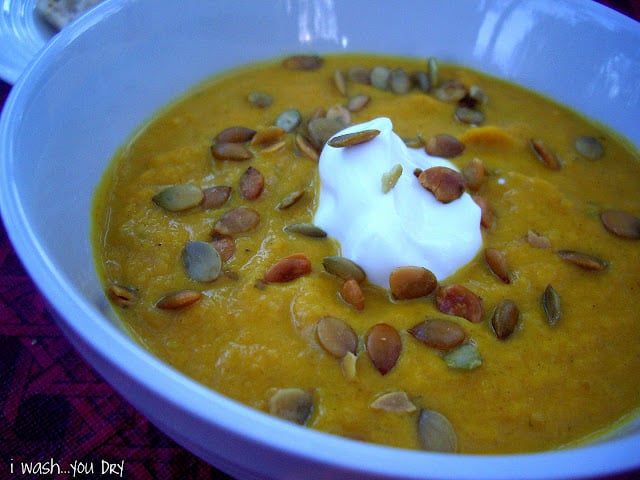
-
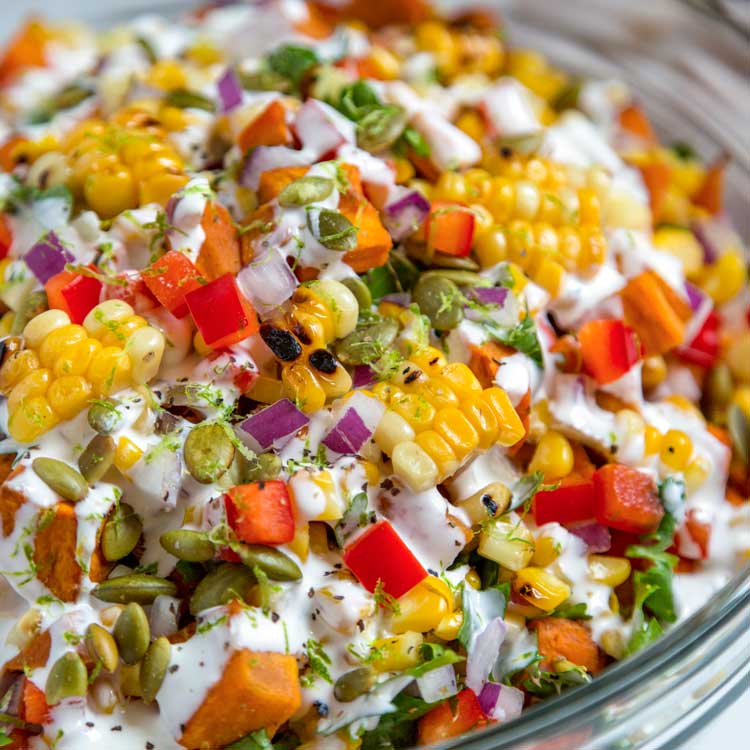
-
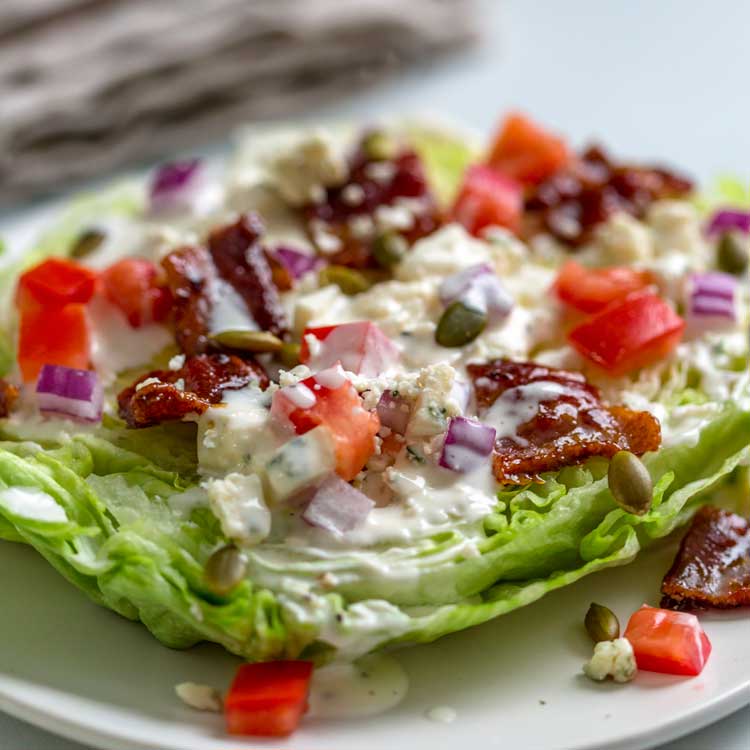
-
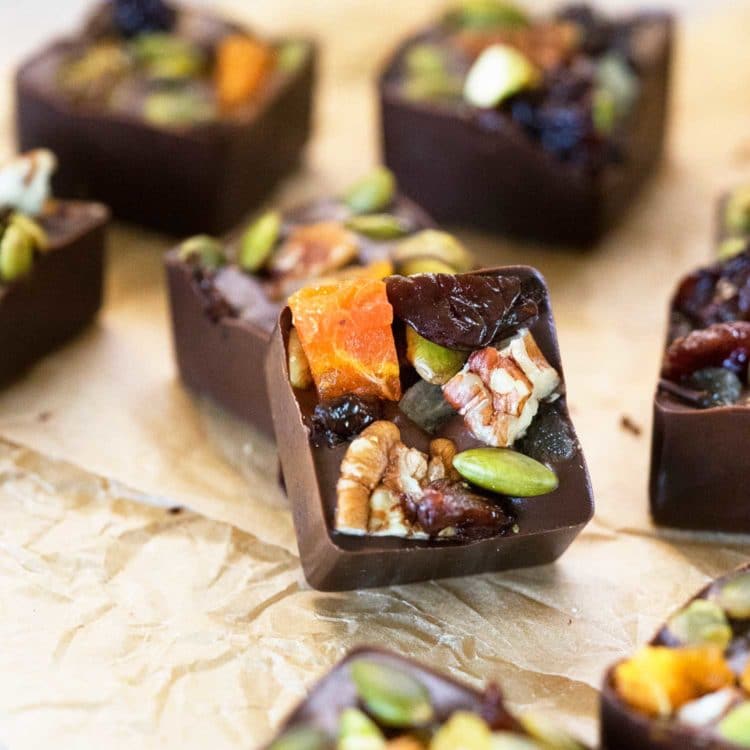
-
![Pumpkin Cheddar Pancakes Image]()
-
![Pumpkin Seed Amber Image]()
-
![Pumpkin Muffins Image]()
-
![Quinoa Salad Image]()
-
![Fall Epic Charcuterie Board Image]()
-
![Layered Holiday Kale Berry Salad Image]()
-
![Grain Free Granola Recipe Image]()
-
![Pumpkin Seed Cranberry Granola Image]()
-
![Monster Cakes Granola Recipe Image]()
-
![Green Beans with Figs and Pumpkin Seeds Image]()
-
![Roasted Pumpkin Seeds Image]()
-
![Healthy Garden Pasta Salad Image]()
-
![Simple Sorrel Pesto Image]()
-
![Masala Lentil Salad with Cumin Roasted Carrots Image]()
-
![Crockpot Butternut Squash Soup Image]()
-
![Vegan Pumpkin Bread Image]()
-
![Winter Slaw Image]()
-
![Pumpkin Goat Cheese Crostini Image]()
-
![Moroccan Chickpea Salad Image]()
-
![Savory Parmesan Cookies Image]()
-
![Almond Flour Pumpkin Bread Image]()
-
![Healthy Granola Image]()
-
![Healthy Pumpkin Bread Image]()
-
![Healthy Pumpkin Cookies Image]()
-
![Healthy Apple Bread Image]()
-
![Healthy Pumpkin Muffins Image]()
-
![Healthy Cobb Salad Image]()
-
![Healthy Pumpkin Soup Image]()
-
![Carrot Cake Baked Oatmeal Bars Image]()
-
![Sweet Kale Salad Image]()
-
![Whole30 Sweet Potato Breakfast Bowls Image]()
-
![Avocado Toasts with Corn, Olives & Queso Fresco Recipe Image]()
-
![Holiday Spice Granola Recipe Image]()
-
![Spicy Pumpkin Soup Recipe Image]()
-
![Skillet-Toasted Pumpkin Seeds Recipe Image]()
-
![Spicy Paleo Pumpkin Muffins Recipe Image]()
-
![Easy Pumpkin Spice Cookies Image]()
-
![Spicy Chocolate Bark with Pumpkin Seeds Recipe Image]()
-
![Creamy Pumpkin Mac and Cheese Image]()
-
![Blackened Salmon with Crunchy Coconut Couscous Recipe Image]()


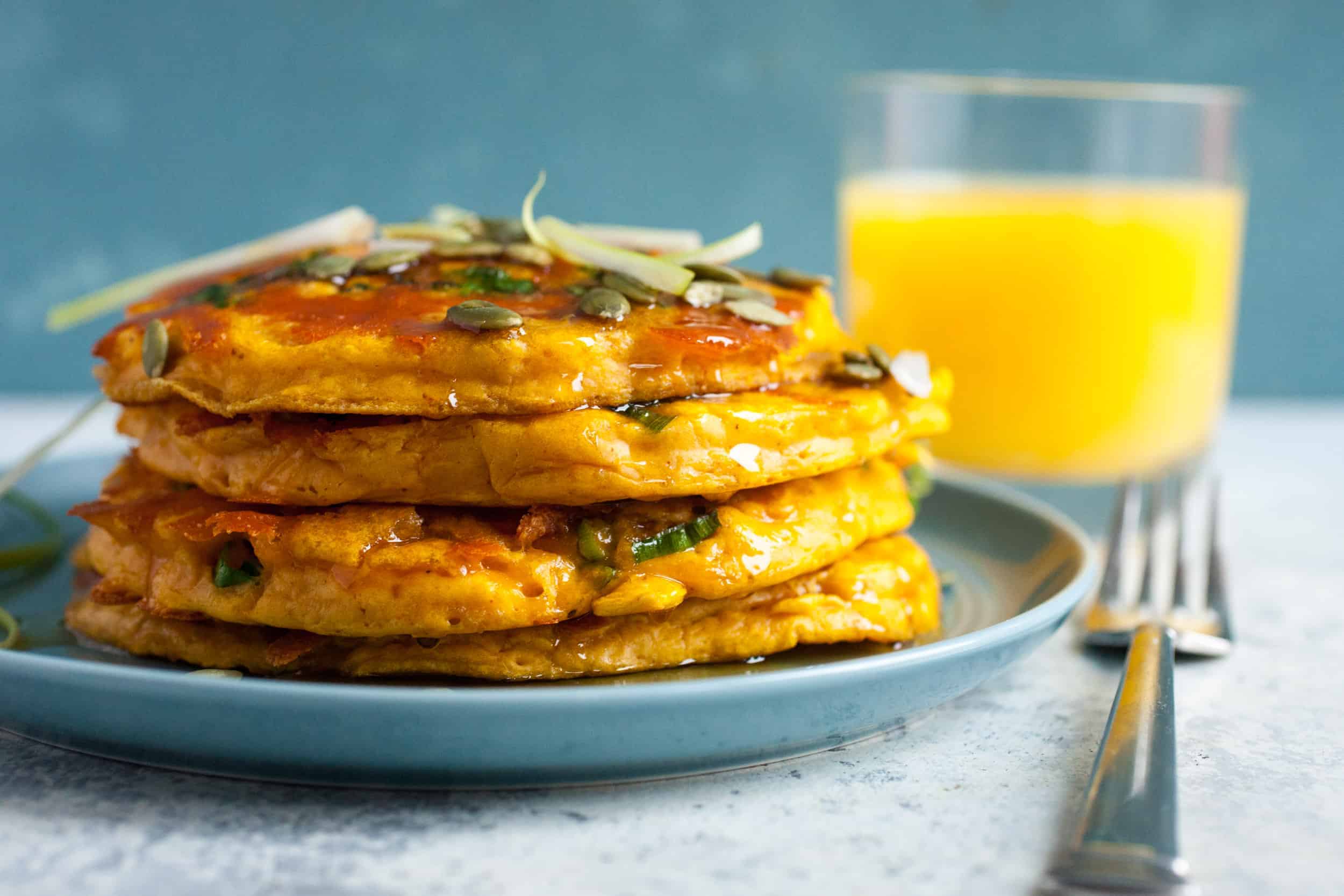
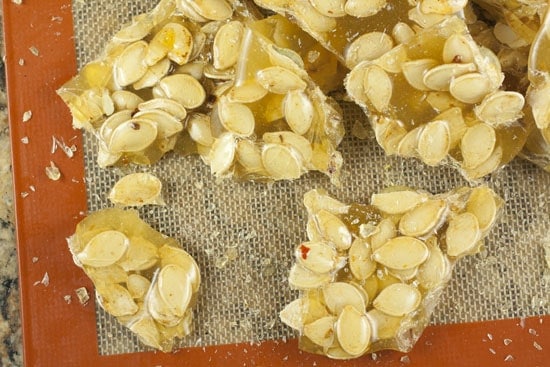
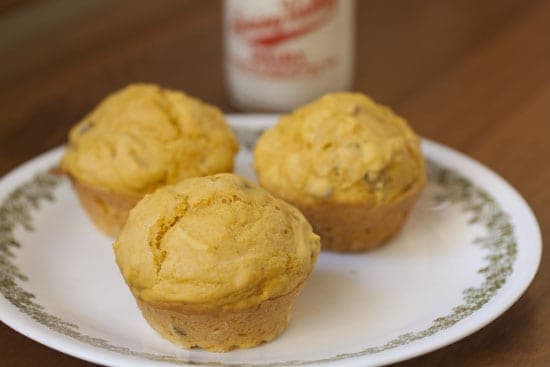
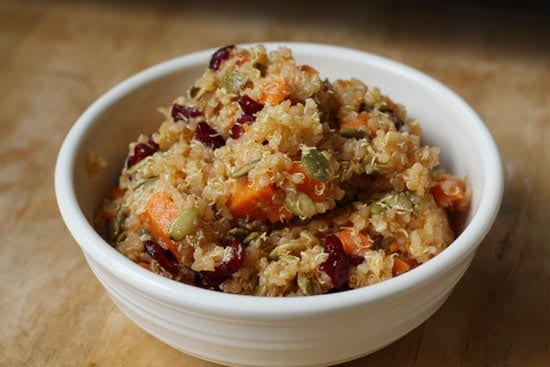





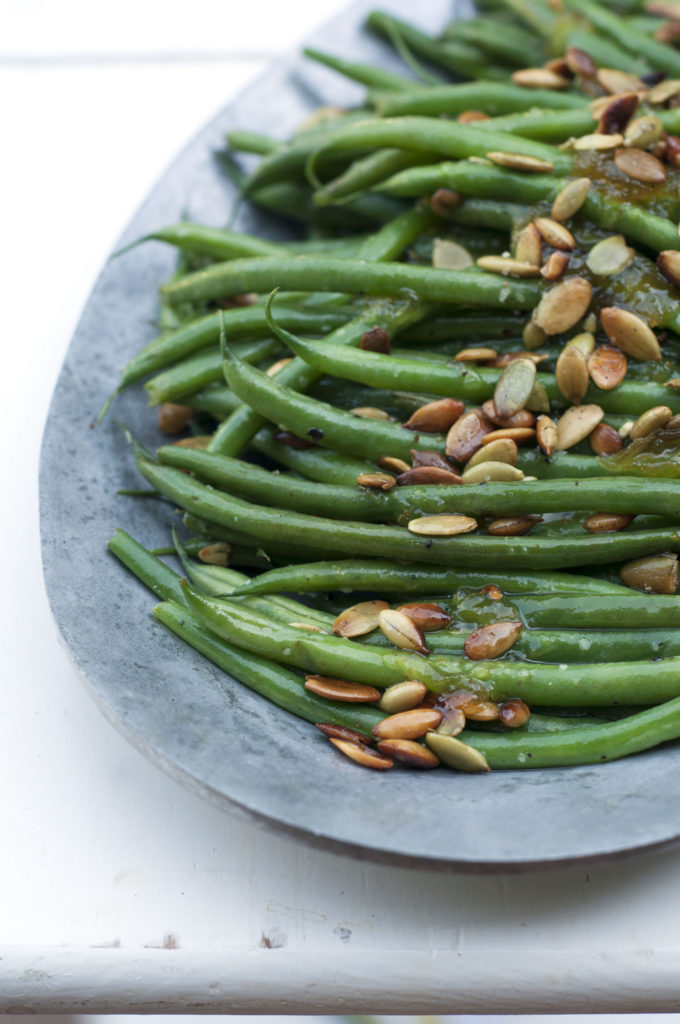
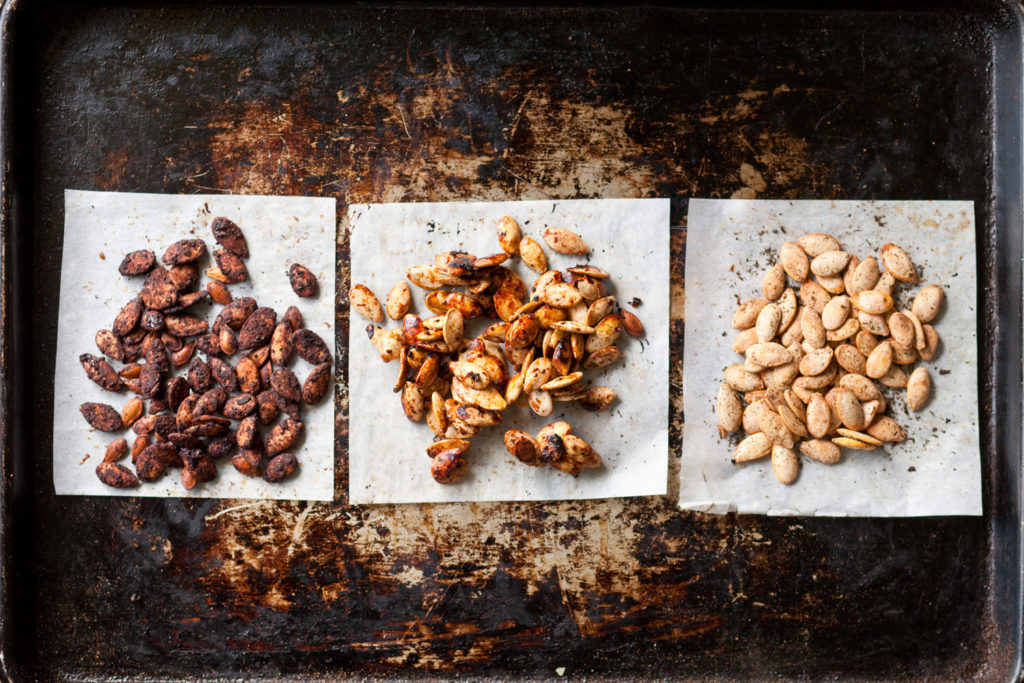
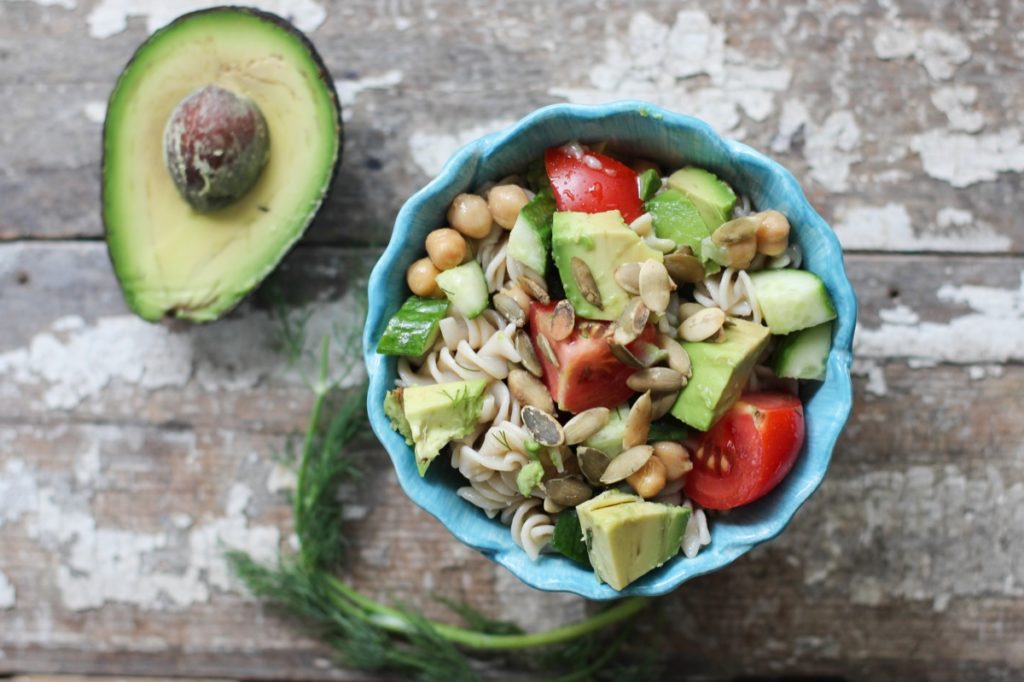







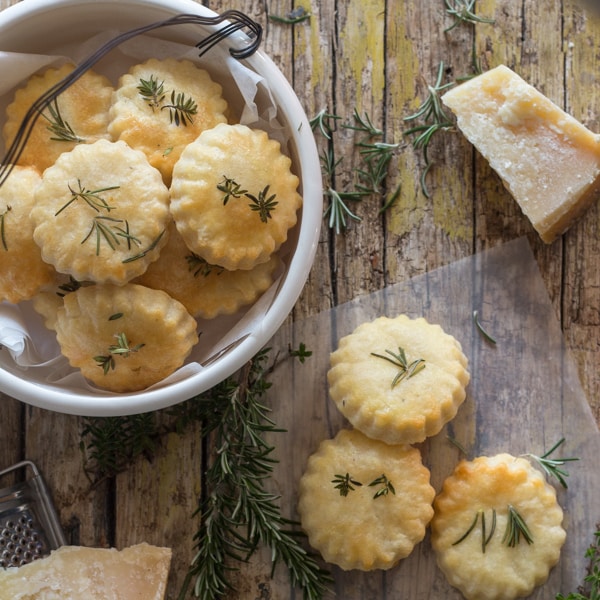
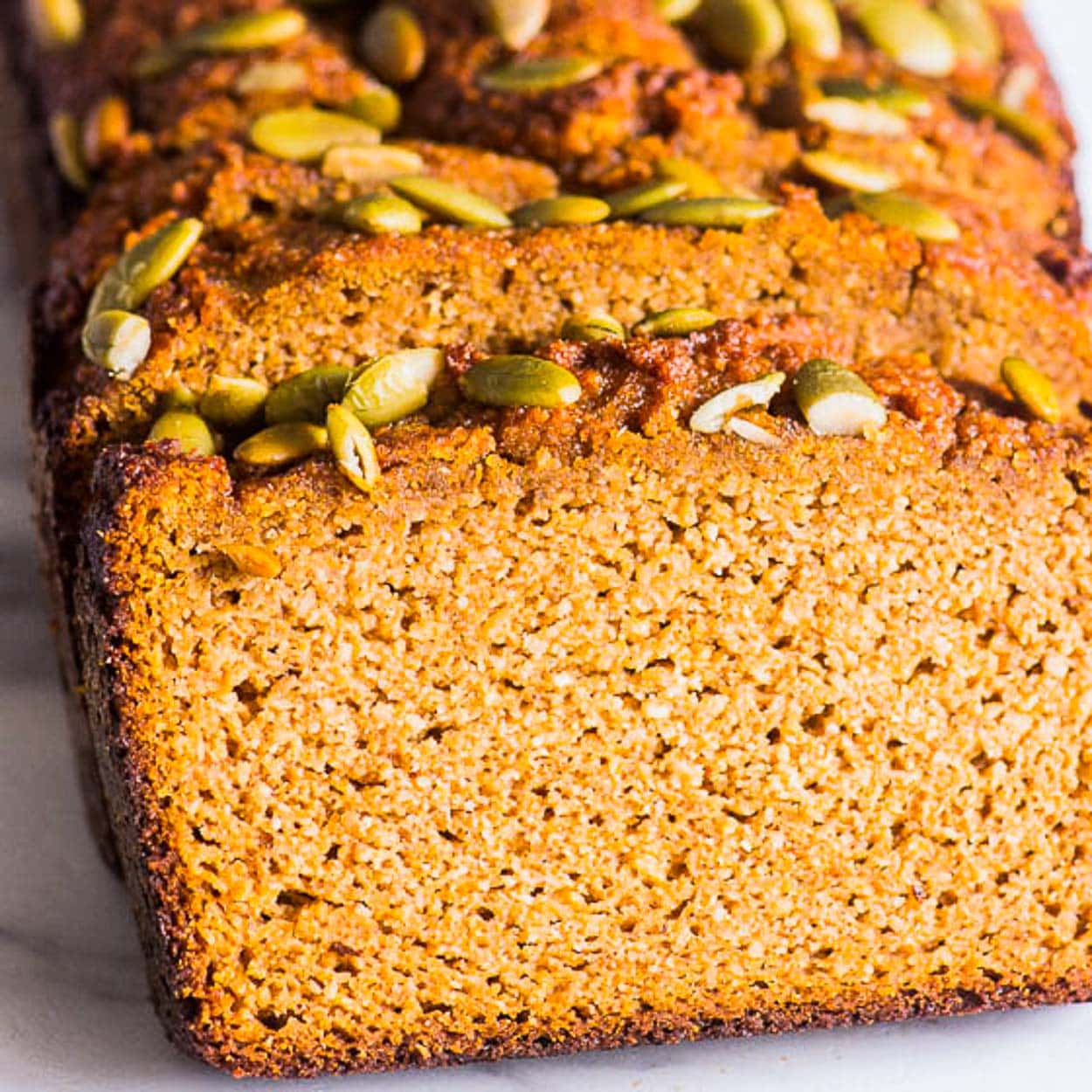
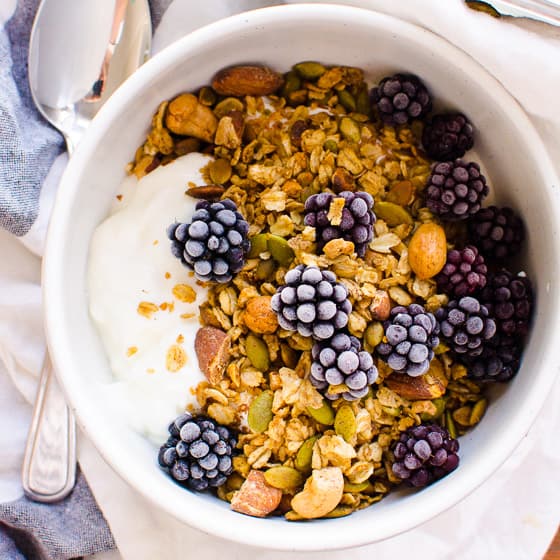
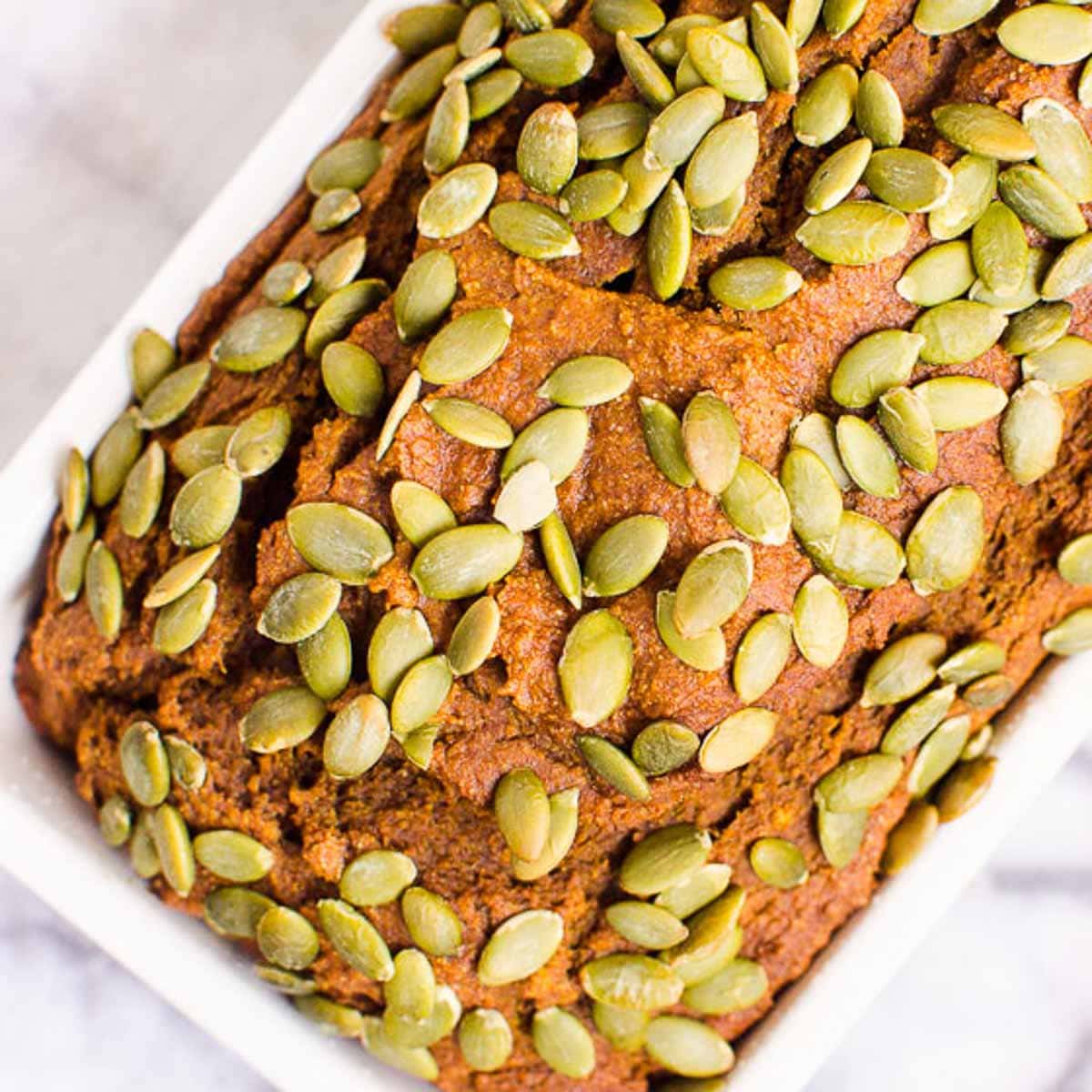
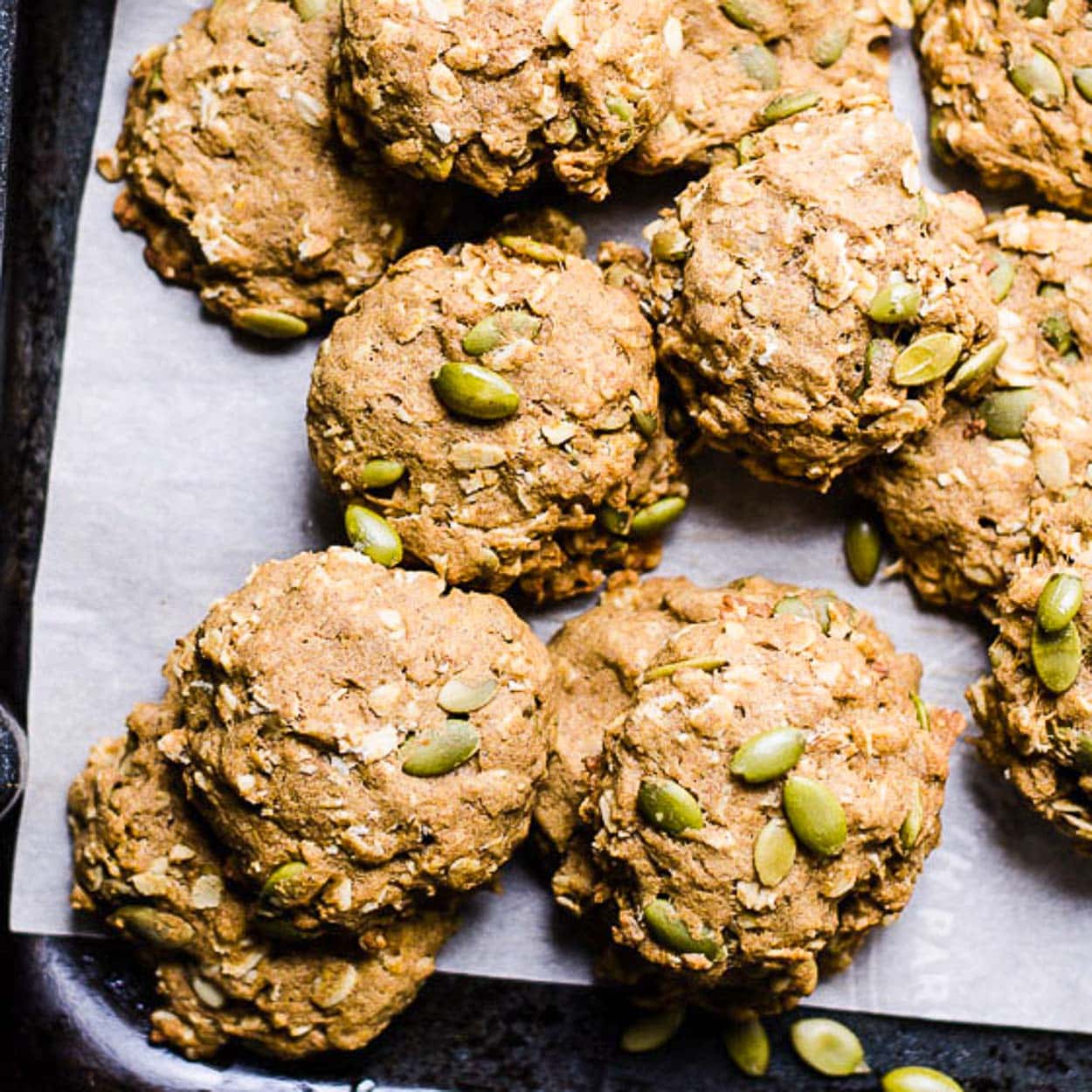
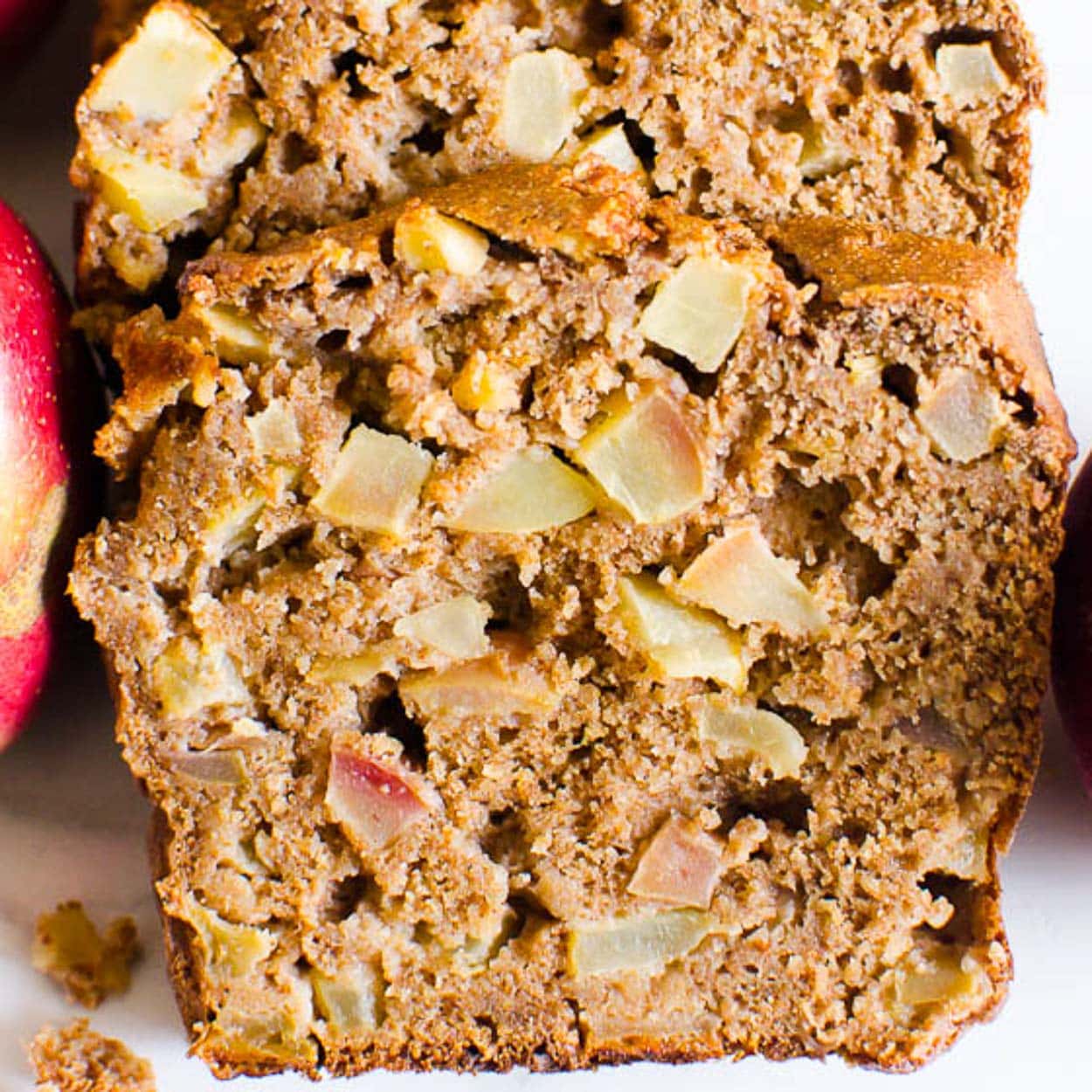
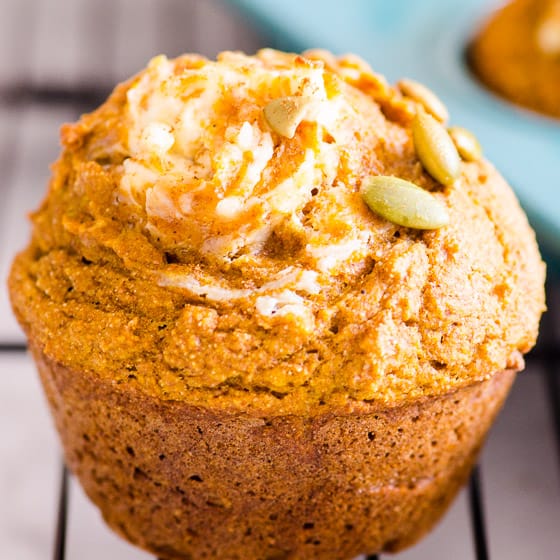
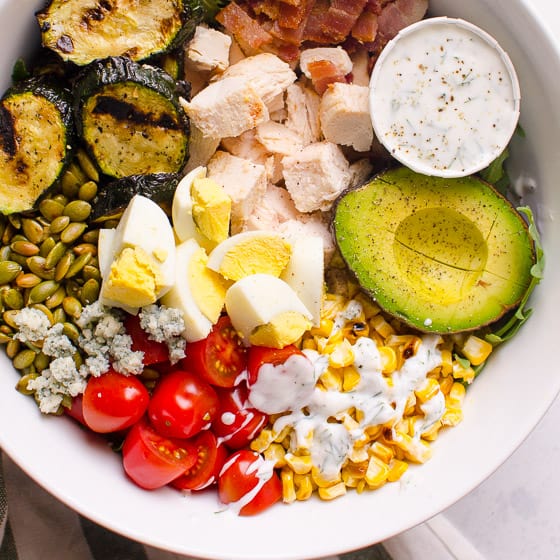


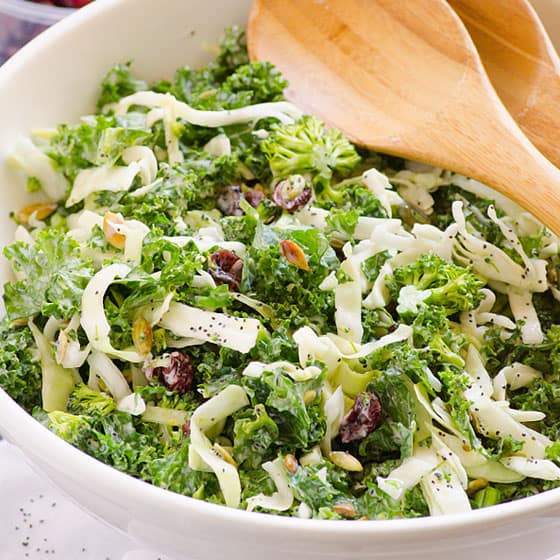

:max_bytes(150000):strip_icc()/__opt__aboutcom__coeus__resources__content_migration__simply_recipes__uploads__2018__03__Mexican-Avocado-Toast-2-04f69c97adfa4aa7aa9a0742d0076a30.jpg)
:max_bytes(150000):strip_icc()/__opt__aboutcom__coeus__resources__content_migration__simply_recipes__uploads__2016__11__2016-11-30-SpicedGranola-6-05d9300f9e6c4c408e2efa3b2b15d2fa.jpg)
:max_bytes(150000):strip_icc()/__opt__aboutcom__coeus__resources__content_migration__simply_recipes__uploads__2006__10__spicy-pumpkin-soup-horiz-c-16001-f20c9cb750624be299a8987a0277843c.jpg)
:max_bytes(150000):strip_icc()/skillet-toasted-pumpkin-seeds-recipe-1809635-hero-01-5c1b9c4cbf904dc9b7bab29905397da0.jpg)
:max_bytes(150000):strip_icc()/__opt__aboutcom__coeus__resources__content_migration__simply_recipes__uploads__2016__09__2016-09-28-Paleo-Muffins-7-f6f7155e9a814f34b8aea2d860f80339.jpg)
:max_bytes(150000):strip_icc()/__opt__aboutcom__coeus__resources__content_migration__simply_recipes__uploads__2018__10__Pumpkin-Spice-Cookies-LEAD-4-f963f1d5ebb748238dbc8ecda4170a6d.jpg)
:max_bytes(150000):strip_icc()/__opt__aboutcom__coeus__resources__content_migration__simply_recipes__uploads__2007__12__aztec-chocolate-bark-horiz-a-1800-fb4ffcc944254ea0a3be04e27dbde55d.jpg)
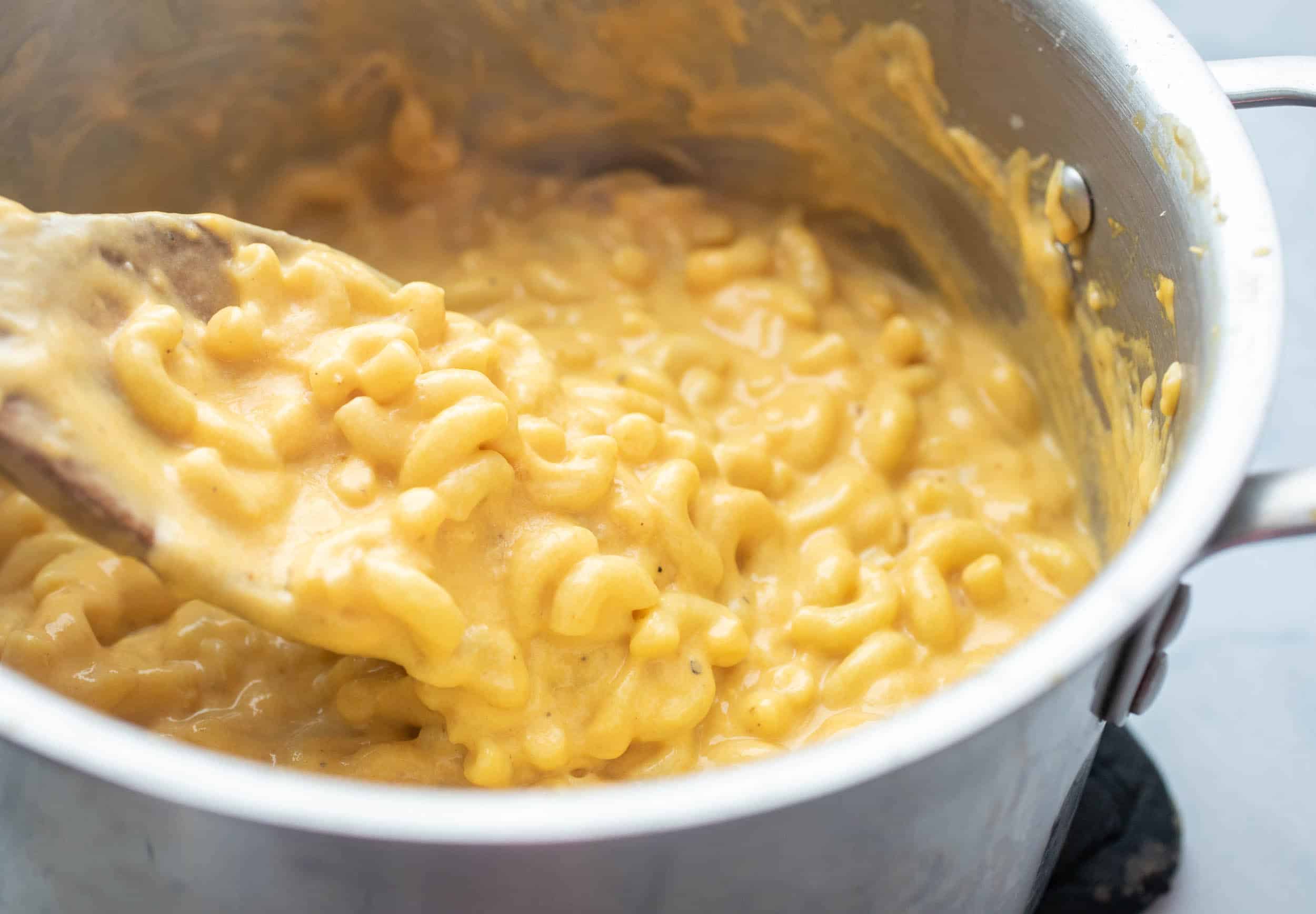
:max_bytes(150000):strip_icc()/__opt__aboutcom__coeus__resources__content_migration__serious_eats__seriouseats.com__recipes__images__2012__08__20120822BlackenedSalmonCoconutCouscous-9f2e4a9a04ad4e548e5be534814a9c86.jpg)